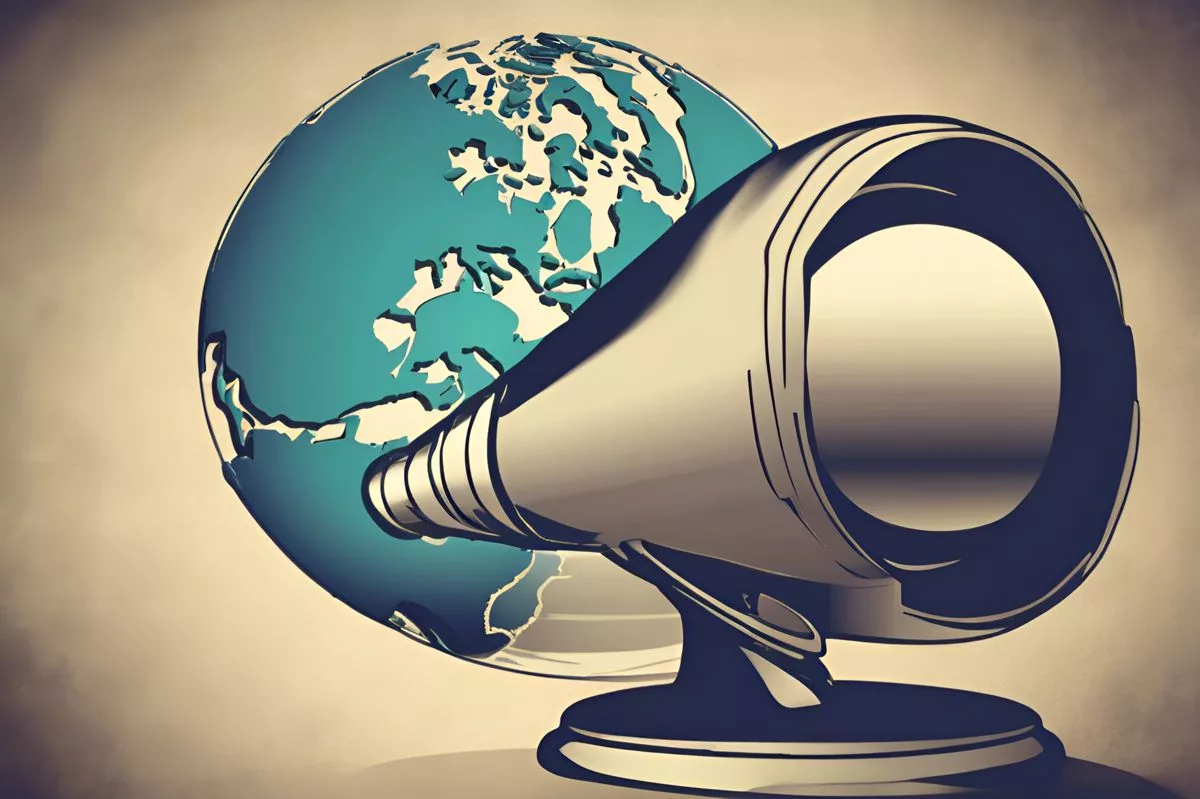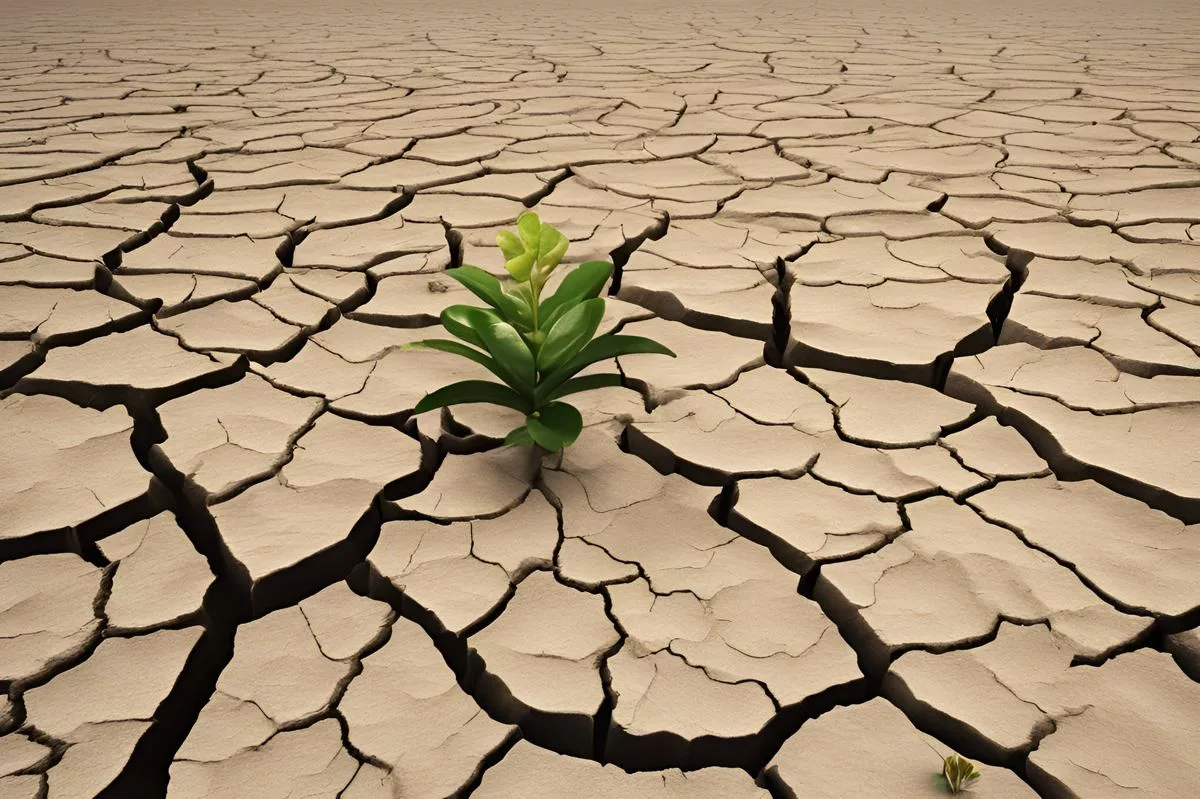The #WhoSpeaksForUs movement in Cape Town is a campaign organized by SWEAT to advocate for the decriminalization of sex work and equal representation for marginalized communities in politics. Last Thursday, over 50 sex workers and civil rights champions organized a protest in front of Parliament to demand their voices be heard. With the upcoming elections, there is concern among sex workers about whether the political leaders will champion their cause, and various advocacy groups have joined together to fight for equal rights and representation. The movement serves as a desperate cry for equality and a demand for political leadership that mirrors the complex society it serves.
What is the #WhoSpeaksForUs movement in Cape Town?
The #WhoSpeaksForUs movement is a campaign organized by the Sex Workers Education and Advocacy Taskforce (SWEAT) to advocate for the decriminalization of sex work and to demand equal representation for marginalized communities in politics. The movement aims to cultivate a society that treats all its members equally, regardless of their race, sexual orientation, or economic standing.
Last Thursday marked a significant event in Cape Town’s bustling epicenter. Over 50 sex workers and champions of civil rights, marshaled by the Sex Workers Education and Advocacy Taskforce (SWEAT), organized a protest in front of the Parliament. The demonstration served as a poignant public pronouncement of their campaign, #WhoSpeaksForUs, reminding political leaders of the diverse constituents they are obligated to serve.
The campaign stands as a ray of hope for individuals frequently marginalized in society, like sex workers. Its core purpose is to muster support for the forthcoming political elections, particularly advocating for the decriminalization of sex work. The ultimate mission is to cultivate a society that treats all its members equally, regardless of their race, sexual orientation, or economic standing.
Megan Lessing, a spokesperson for SWEAT, asserted a profound statement, “Leadership should resemble the diversity of the communities they serve.” Her powerful words echoed across the vacant Parliament, emphasizing the importance of the picket. This act, however, was merely a single representation of the broader battle they are engaged in.
Uncertainty and Concerns Over the Upcoming Elections
With the approaching elections, there is a mounting concern among sex workers about whether the soon-to-be political leaders will persist in championing their cause. The existing draft bill, having undergone comprehensive public consultations, aims to decriminalize sex work. The proposed legislation aims to provide enhanced protection for sex workers from violence and other issues. Despite its noble intentions, the bill has attracted skepticism, challenging whether it adequately addresses the repercussions on existing regulations.
Last year, the deputy minister of the Department of Justice, John Jeffery, highlighted the state law advisors’ anxieties. They suggested the bill might crumble under constitutional scrutiny if it failed to establish regulations for sex work. The fate of the revised bill now lies with the freshly elected Parliament, adding another layer of ambiguity for those advocating for sex workers’ rights.
Nomsa Conguia, acting provincial coordinator at Sisonke National Sex Worker Movement, voiced the apprehension of many as the elections draw near. “Who is our voice in Parliament? Who represents us?” she questioned, underlining the fundamental issue of representation in political institutions.
Solidarity Among Advocacy Groups
Their battle is not a solitary one. Various advocacy groups, including Gender DynamiX, the Asijiki Coalition for the Decriminalisation of Sex Workers, Triangle Project, Imbawula Queer Podcast, and Gender Equity Unit, rallied together in this pivotal movement. Belinda Qaqamba, from Gender DynamiX, a grassroots transgender-rights organization, dubbed the picket a demonstration of unity, intensifying their collective stance.
Qaqamba addressed the gathered crowd, asserting, “We also bear a part in the struggle. We contribute to the story and narrative of this country.” Her emphatic proclamation mirrored the sentiment of the gathering that day – a united front battling for equal rights.
The Plea for Equality
Their resounding declaration, “None of us are free until all of us are free,” encapsulates the essence of their campaign. It serves as a desperate cry for equality, a demand for a political leadership that truly mirrors the variegated and complex society it is tasked to serve. This outcry, this call to arms, is more than just their struggle; it epitomizes a wider battle for equality and representation in society.
What is the main goal of the #WhoSpeaksForUs movement in Cape Town?
The primary goal of the #WhoSpeaksForUs movement is to advocate for the decriminalization of sex work and demand equal representation for marginalized communities in politics. The movement seeks to create a society that treats all its members equally, regardless of their race, sexual orientation, or economic standing.
What was the recent protest in front of the Parliament about?
The recent protest in front of the Parliament was organized by the Sex Workers Education and Advocacy Taskforce (SWEAT) as part of the #WhoSpeaksForUs movement. The protest aimed to demand that the voices of sex workers and other marginalized communities be heard and that political leaders champion their cause.
What are the concerns of sex workers with the upcoming elections?
With the upcoming elections, there is concern among sex workers about whether the soon-to-be political leaders will continue to advocate for their cause. The existing draft bill aims to decriminalize sex work and provide enhanced protection for sex workers from violence and other issues. However, the bill has attracted skepticism and uncertainty regarding its effectiveness.
Which advocacy groups have joined the #WhoSpeaksForUs movement?
Various advocacy groups have joined the #WhoSpeaksForUs movement, including Gender DynamiX, the Asijiki Coalition for the Decriminalisation of Sex Workers, Triangle Project, Imbawula Queer Podcast, and Gender Equity Unit. These groups have rallied together in support of the movement’s goal for equality and representation.
What is the message behind the declaration “None of us are free until all of us are free”?
The declaration “None of us are free until all of us are free” serves as a resounding call for equality and representation in society. It emphasizes the importance of creating a society that treats all individuals equally, regardless of their race, sexual orientation, or economic standing. It is more than just a struggle for sex workers; it represents a wider battle for equality and representation in society.
How can people support the #WhoSpeaksForUs movement?
People can support the #WhoSpeaksForUs movement by advocating for the decriminalization of sex work and equal representation for marginalized communities in politics. This can be done by raising awareness, joining rallies and protests, and supporting advocacy groups that are fighting for these causes. People can also make their voices heard by engaging with their local representatives and demanding change.










